
*CT/CE: Battery charging-discharging test system. "E" indicates that this equipment is equipped with energy feedback function.
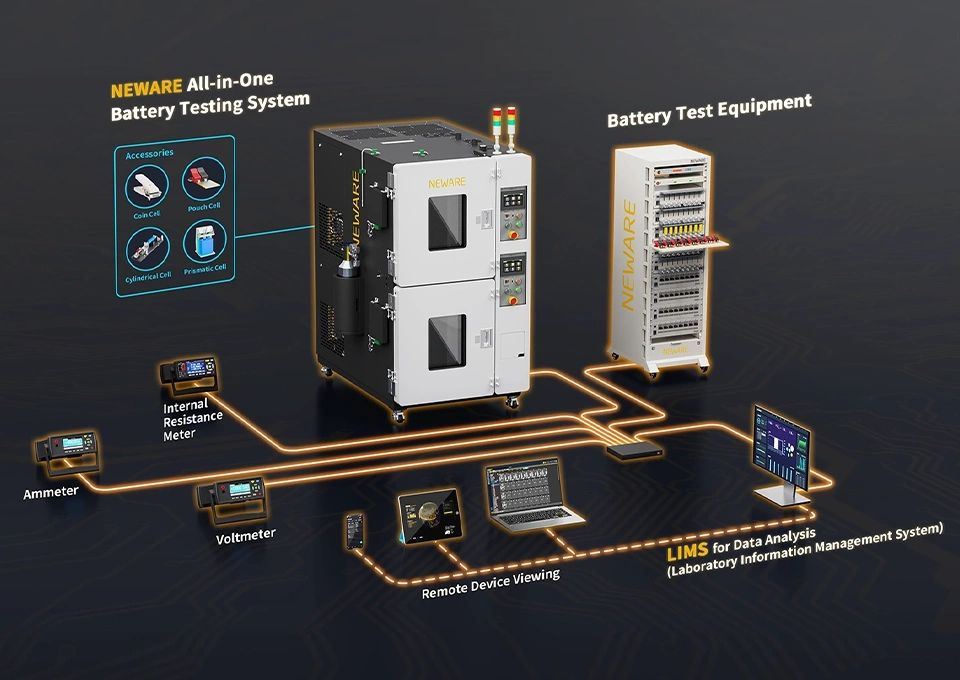
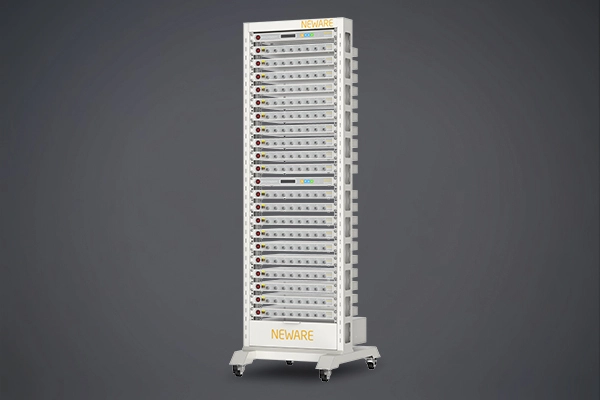
Voltage & Current Accuracy: ±0.01% F.S.
Recording Frequency: 10Hz
Sampling Time: 100ms
Current Response Time: ≤1ms
Minimum Pulse Width: 500ms
Off-Line Test: 1GB
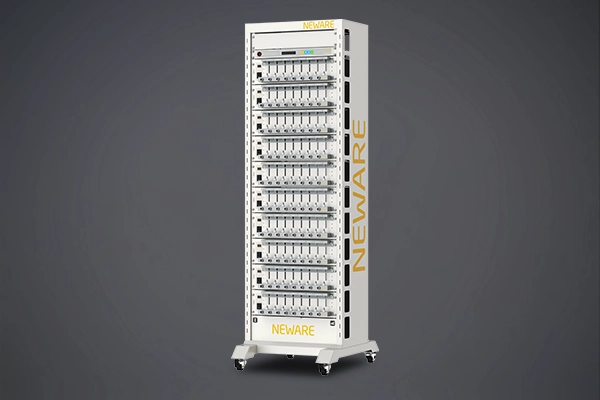
Voltage & Current Accuracy: ±0.02% F.S.
Recording Frequency: 10Hz
Sampling Time: 100ms
Current Response Time: ≤1.5ms
Minimum Pulse Width: 500ms
Off-Line Test: 1GB
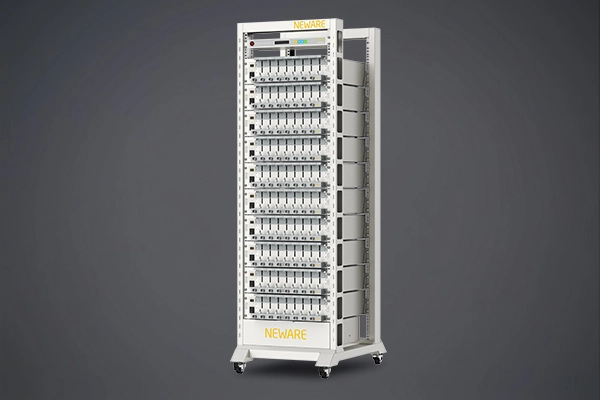
Voltage & Current Accuracy: ±0.02% F.S.
Recording Frequency: 10Hz
Sampling Time: 100ms
Current Response Time: ≤1.5ms
Minimum Pulse Width: 500ms
Off-Line Test: 1GB
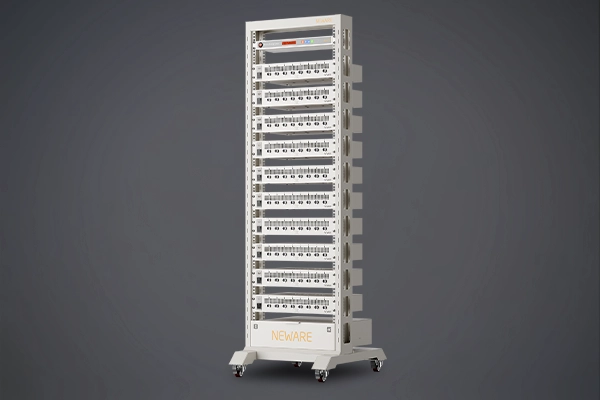
Voltage & Current Accuracy: ±0.05% F.S.
Recording Frequency: 10Hz
Sampling Time: 100ms
Current Response Time: ≤1ms
Energy Efficiency: >65%
Off-Line Test: 1GB
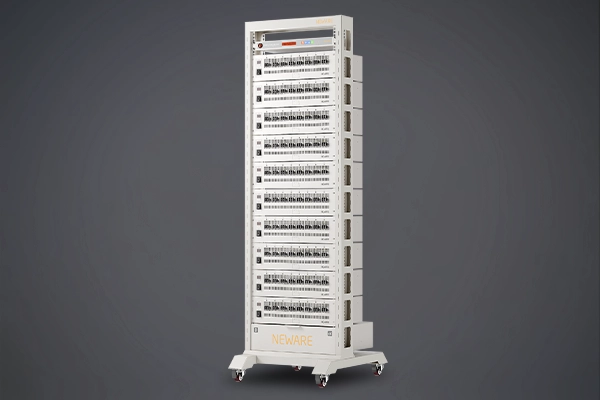
Voltage & Current Accuracy: ±0.05% F.S.
Recording Frequency: 10Hz
Sampling Time: 100ms
Current Response Time: ≤1ms
Energy Efficiency: >65%
Off-Line Test: 1GB

Voltage & Current Accuracy: ±0.05% F.S.
Recording Frequency: 10Hz
Sampling Time: 100ms
Current Response Time: ≤1ms
Energy Efficiency: >65%
Off-Line Test: 1GB
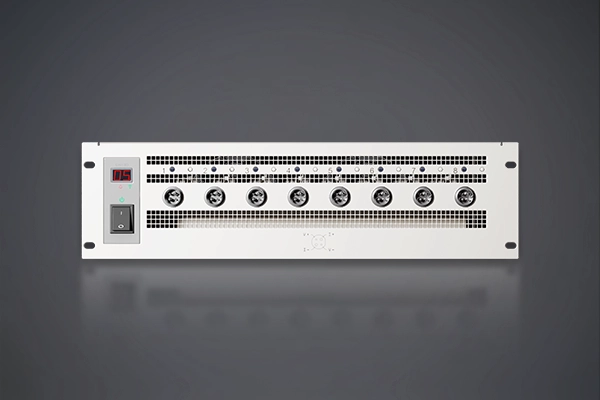
Voltage & Current Accuracy: ±0.02% F.S.
Recording Frequency: 10Hz
Current conversion time: ≤10ms
Current Response Time: ≤1ms
Minimum Pulse Width: 100ms
DCIR: Supported
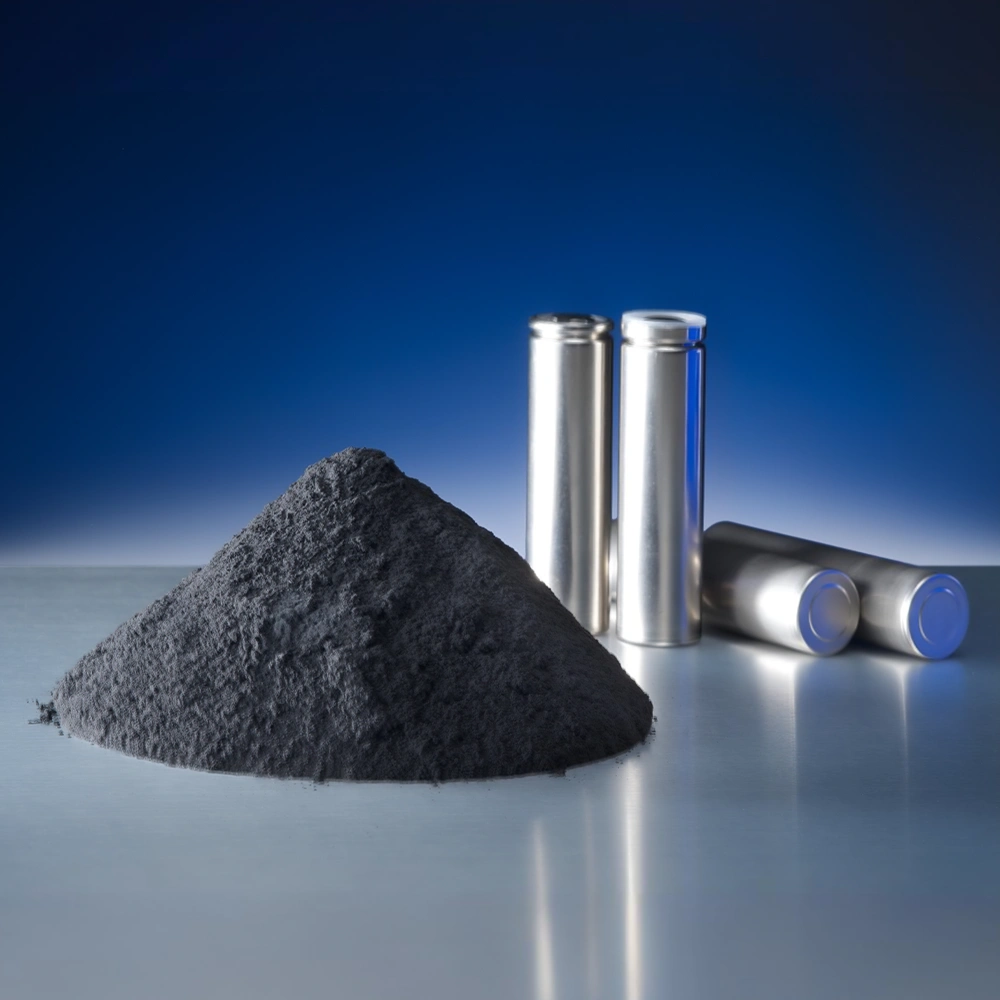
We specialize in battery preparation technology research, focusing on overcoming existing energy storage challenges by innovating in electrode materials, battery chemistry, and manufacturing processes to improve performance, enhance safety, and reduce costs. Sustainability and recycling technologies for batteries are also emphasized to mitigate environmental impacts and foster the growth of green energy.
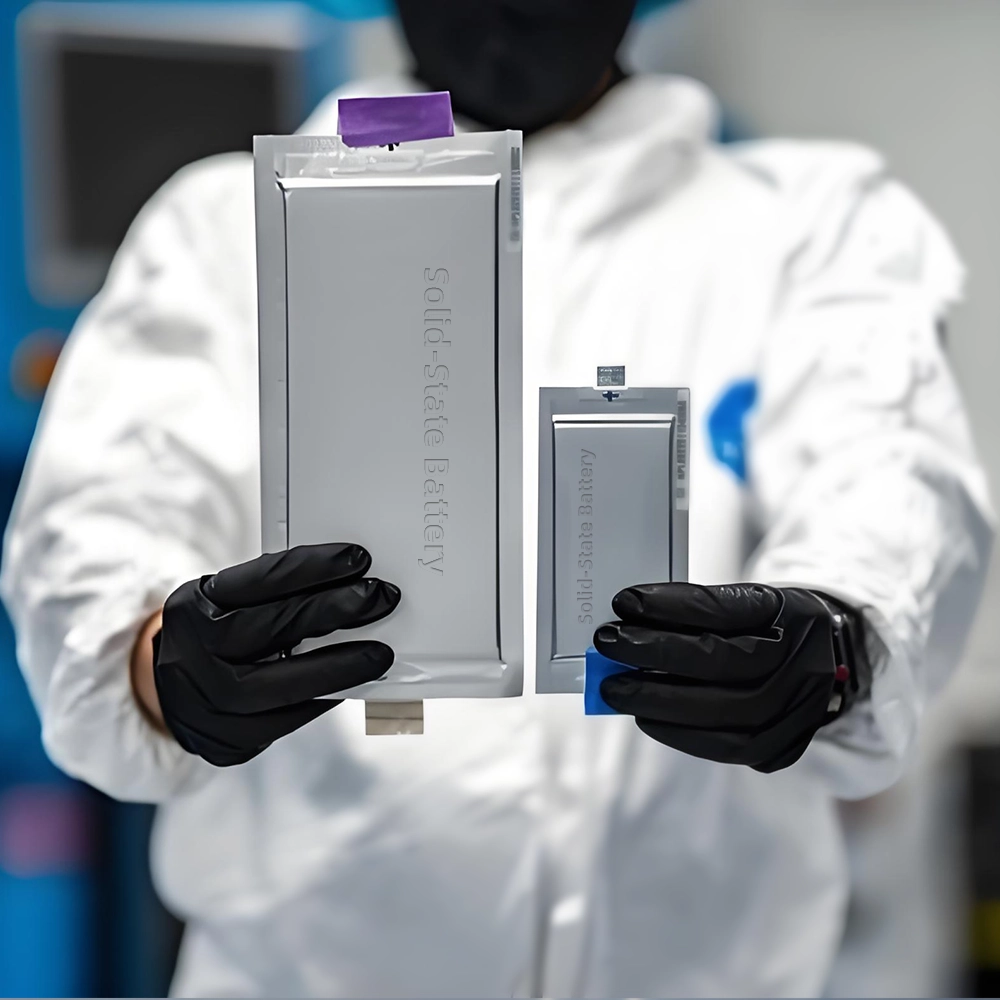
The lab focuses on solid-state battery research to overcome traditional lithium batteries' safety and energy density issues, supporting environmental sustainability. It develops innovative solid-state electrolytes, refines electrode materials, and investigates ion transfer and interface stability to revolutionize battery technology.
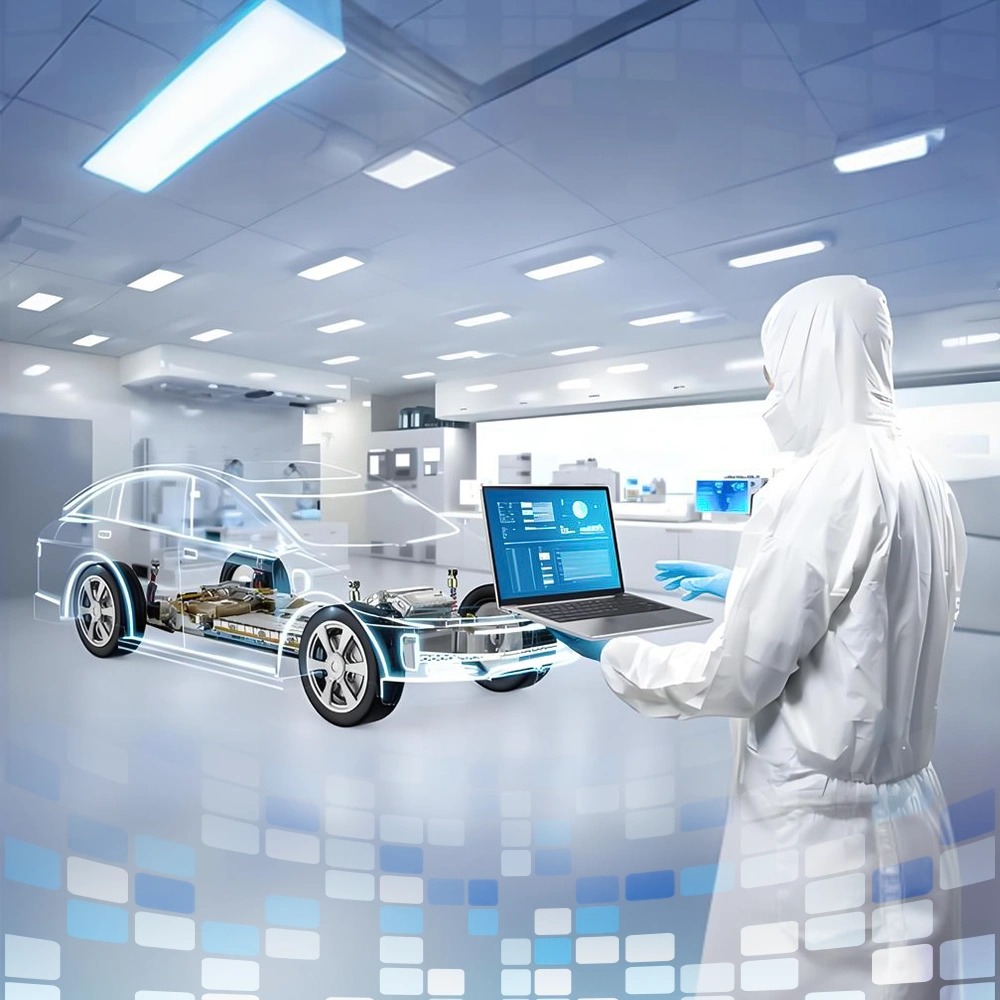
Power battery technology faces multiple challenges, including enhancing energy density, enabling fast charging, ensuring safety, and improving cost-effectiveness. Laboratory research focuses on addressing these issues in EV power batteries. Researchers explore advanced materials, intelligent management, and green recycling technologies to improve battery performance and ensure safety. These efforts promote environmental sustainability and aid the global energy transition.
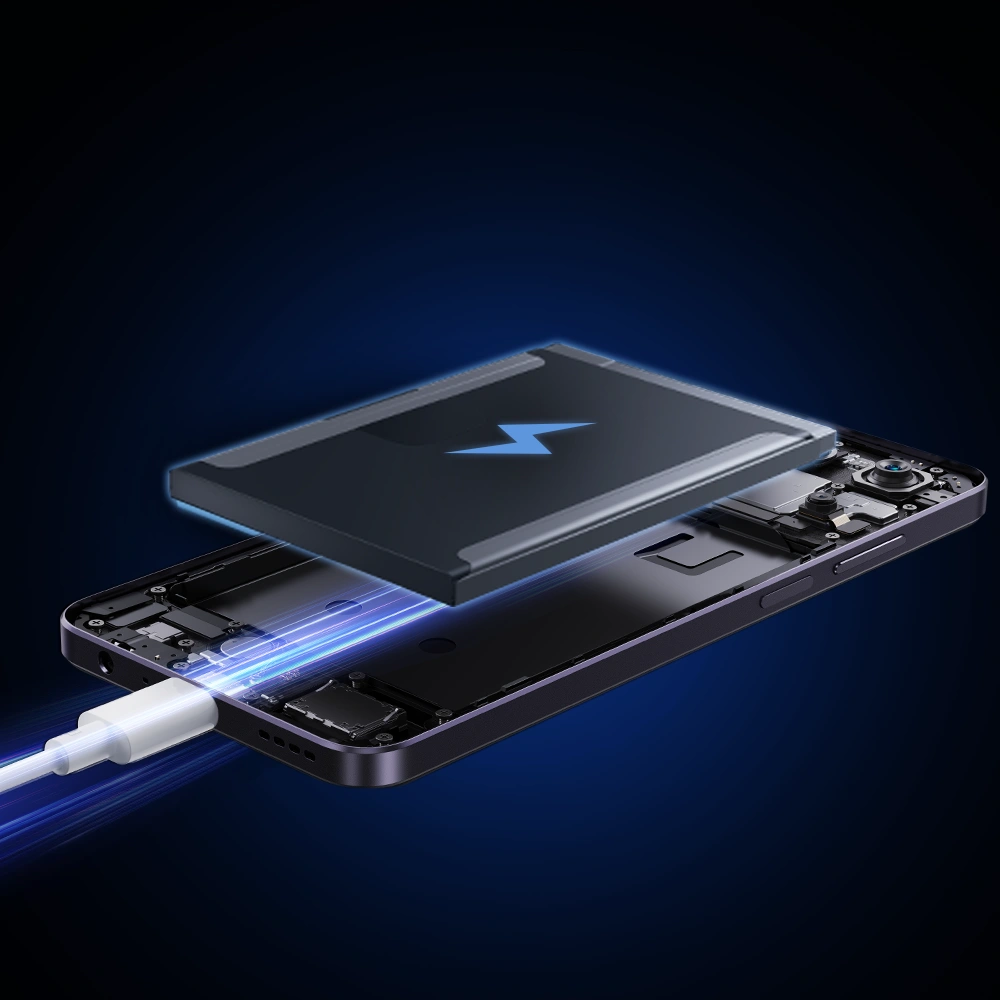
With the widespread use and increased frequency of cell phones, the endurance, safety, and lifespan of mobile phone batteries have become a focus of concern for both users and manufacturers. Cell phone batteries primarily use lithium-ion battery technology, but there are issues and challenges that drive the need for charge and discharge equipment to test cell phone batteries.
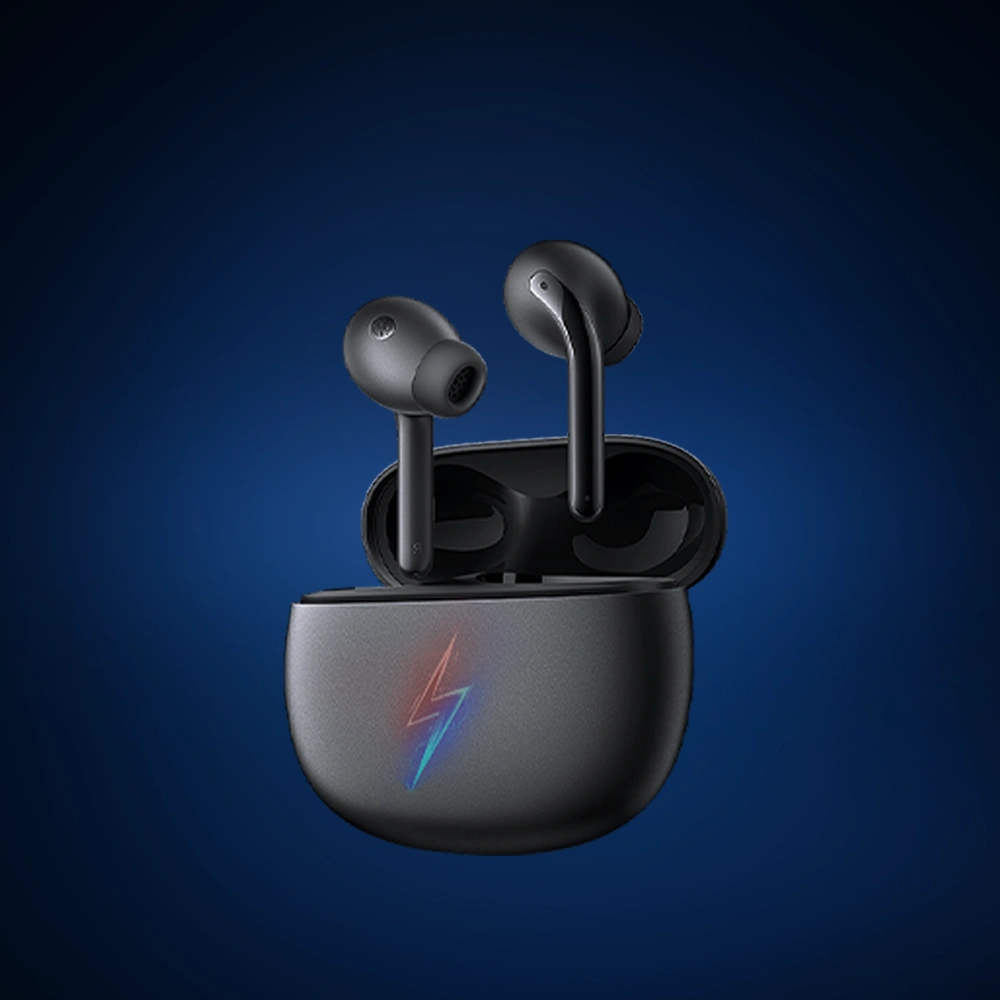
Bluetooth headset and headphone have moved from the professional audio market to the mass consumer market, becoming a common accessory for smartphones and other devices due to their convenience, comfort and wireless nature.The Bluetooth headset industry is rapidly evolving and innovating by providing superior sound quality, solid connectivity, long-lasting battery life, and a wealth of intelligent features.
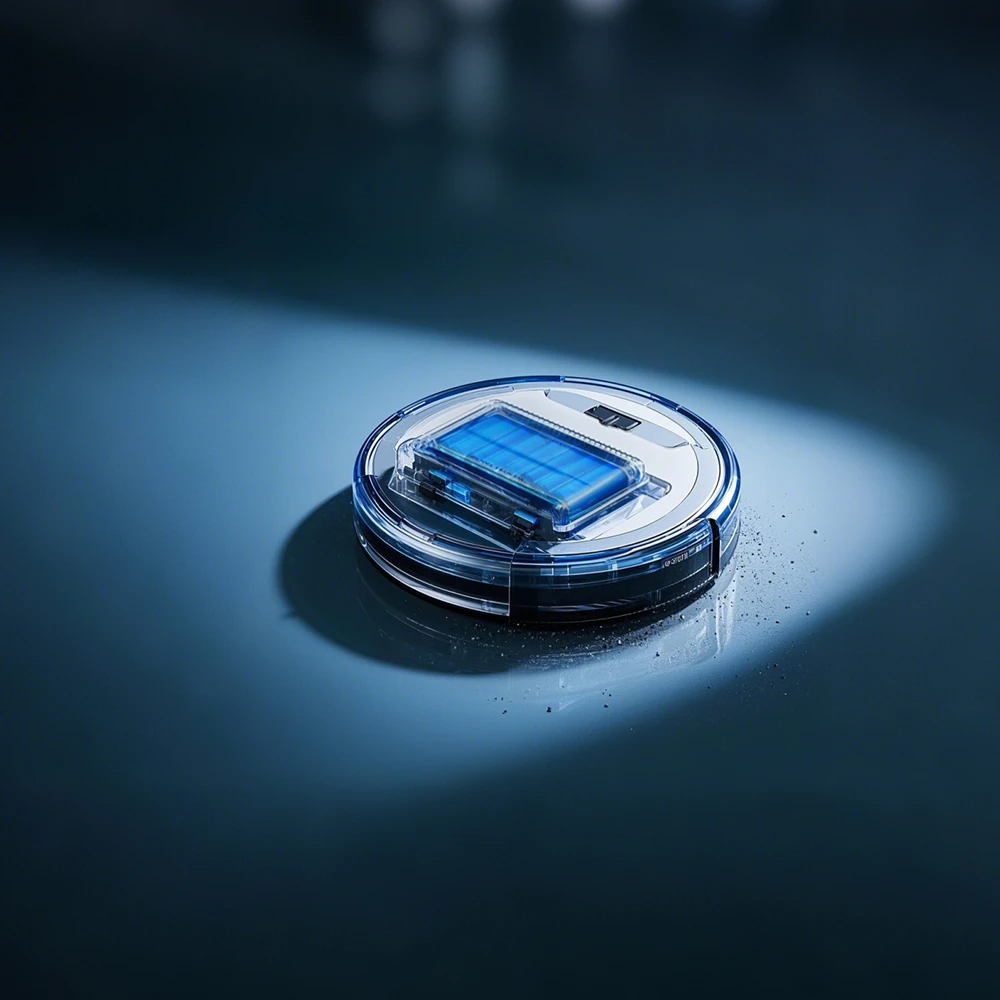
As robot vacuums become more integrated into daily family life, they offer convenience but also present certain challenges. Battery life and safety are key concerns in current usage and research. To enhance user experience, researchers are developing battery technologies that offer higher energy density, improved thermal stability, and extended service life.
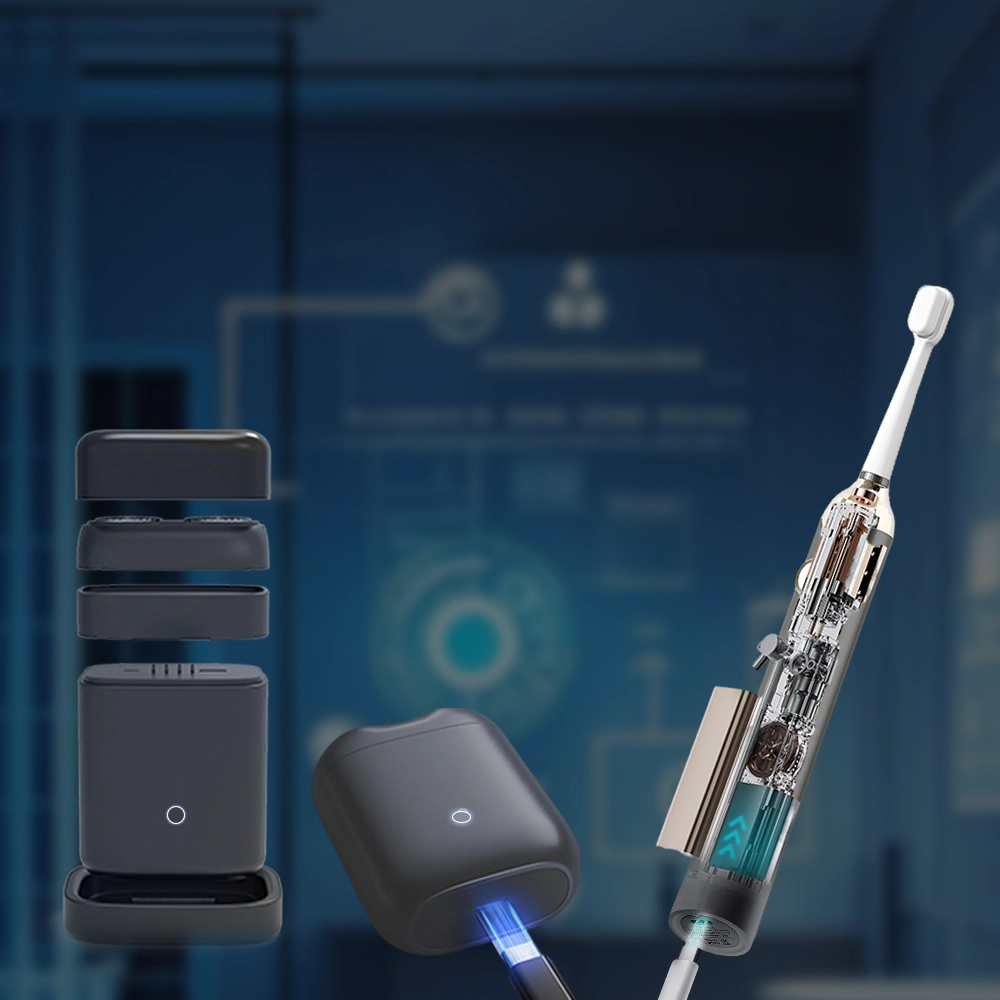
Electric toothbrushes and electric shavers typically use lithium batteries or nickel-metal hydride (NiMH) batteries as their power sources. These batteries must have high energy density, long battery life, and good safety performance. Battery life directly affects the user experience, while charging speed and safety are the focus of consumer attention.
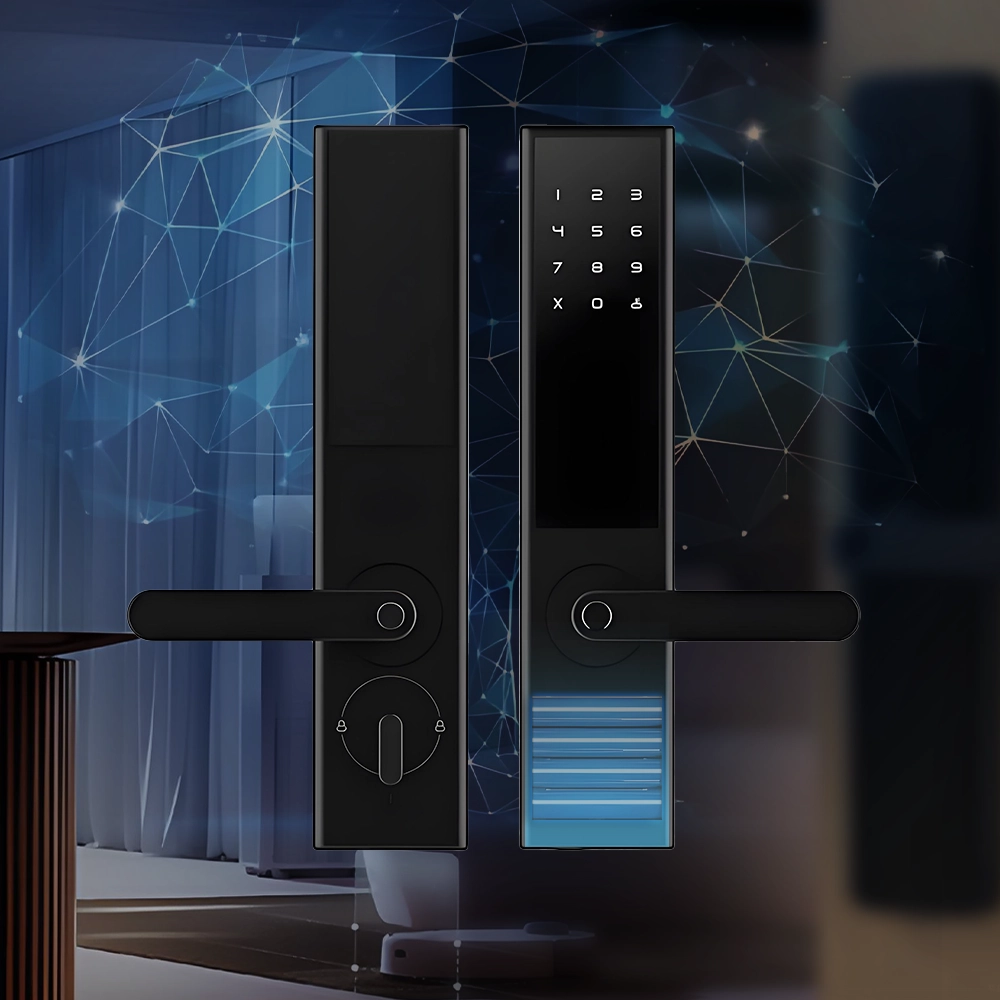
The increasing popularity of smart door locks enhances security and convenience in daily life, while simultaneously demanding improved energy density, endurance capabilities, and safety performance in batteries. By employing precise battery testing technologies and innovative energy integration solutions, we can prolong the lifespan of smart door locks and ensure compliance with energy storage system safety standards.